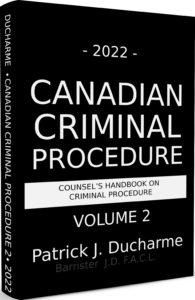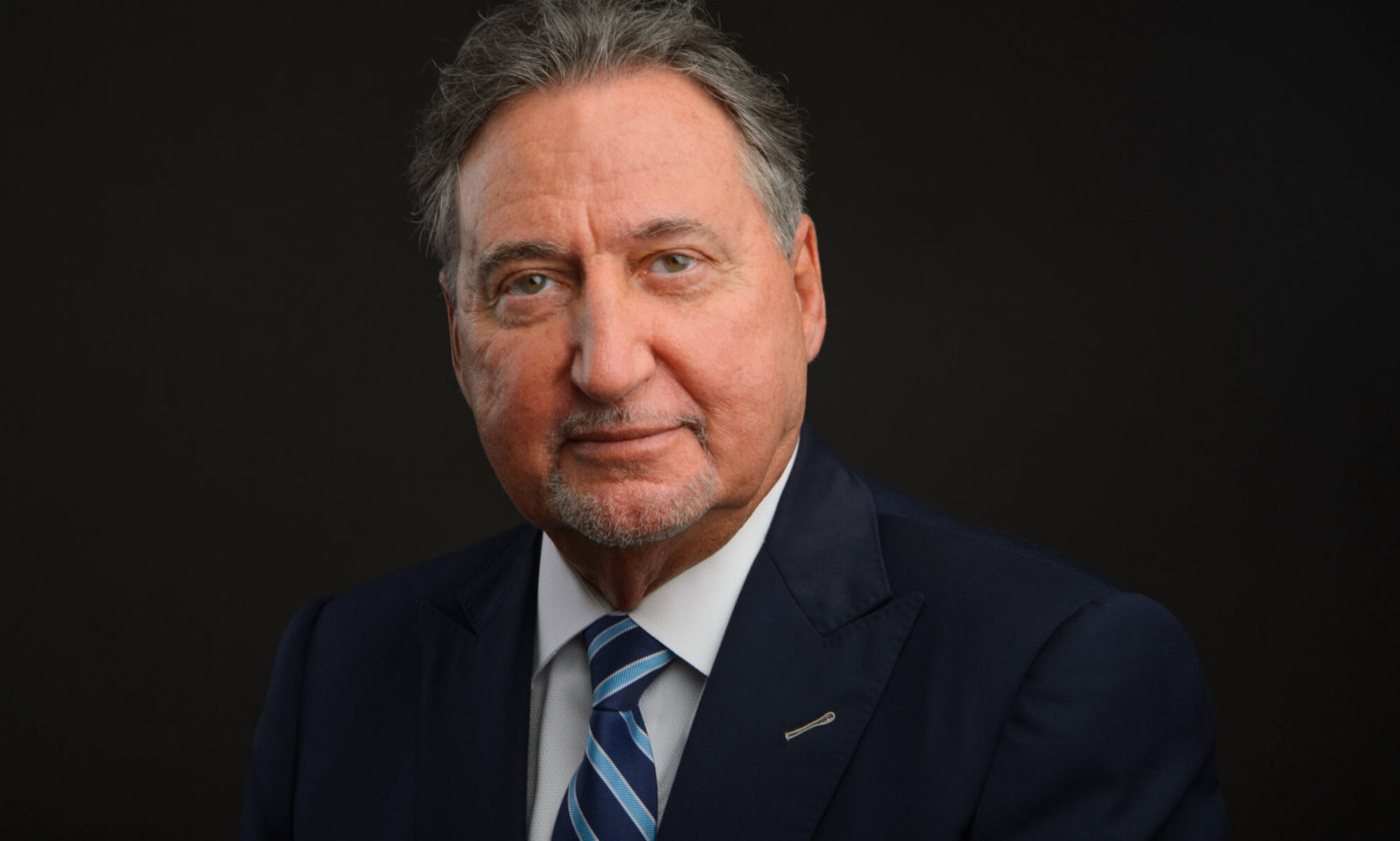 |
| Patrick Ducharme |
In circumstances where the accused has not had the opportunity to request a preliminary hearing, or, a preliminary hearing has commenced but has not been concluded, or, a preliminary hearing has completed but the accused has been discharged, the prosecutor may only prefer an indictment by obtaining the consent of the Attorney General or the Deputy Attorney General. In the rare instances where a case is prosecuted by someone other than the Crown, referred to as a private prosecution, the written consent of a Judge of the Superior Court is required to proceed.1 The indictment is considered to be direct in the sense that the accused proceeds directly to the Superior Court without the benefit of a preliminary hearing.
Processing an indictment in the Superior Court without a preliminary inquiry or after the provincial court has ordered at a preliminary inquiry that the accused be discharged results in a “direct indictment”. An accused may be included in an indictment preferred against another accused under section 577.2 A direct indictment may be preferred after an order to stand trial has been quashed.3

The above is the an excerpt of Patrick J Ducharme's book, Canadian Criminal Procedure Volume 2, available at Amazon or in bulk through MedicaLegal Publishing along with Criminal Trial Strategies.
Subscribe to Patrick Ducharme's Youtube Channel
